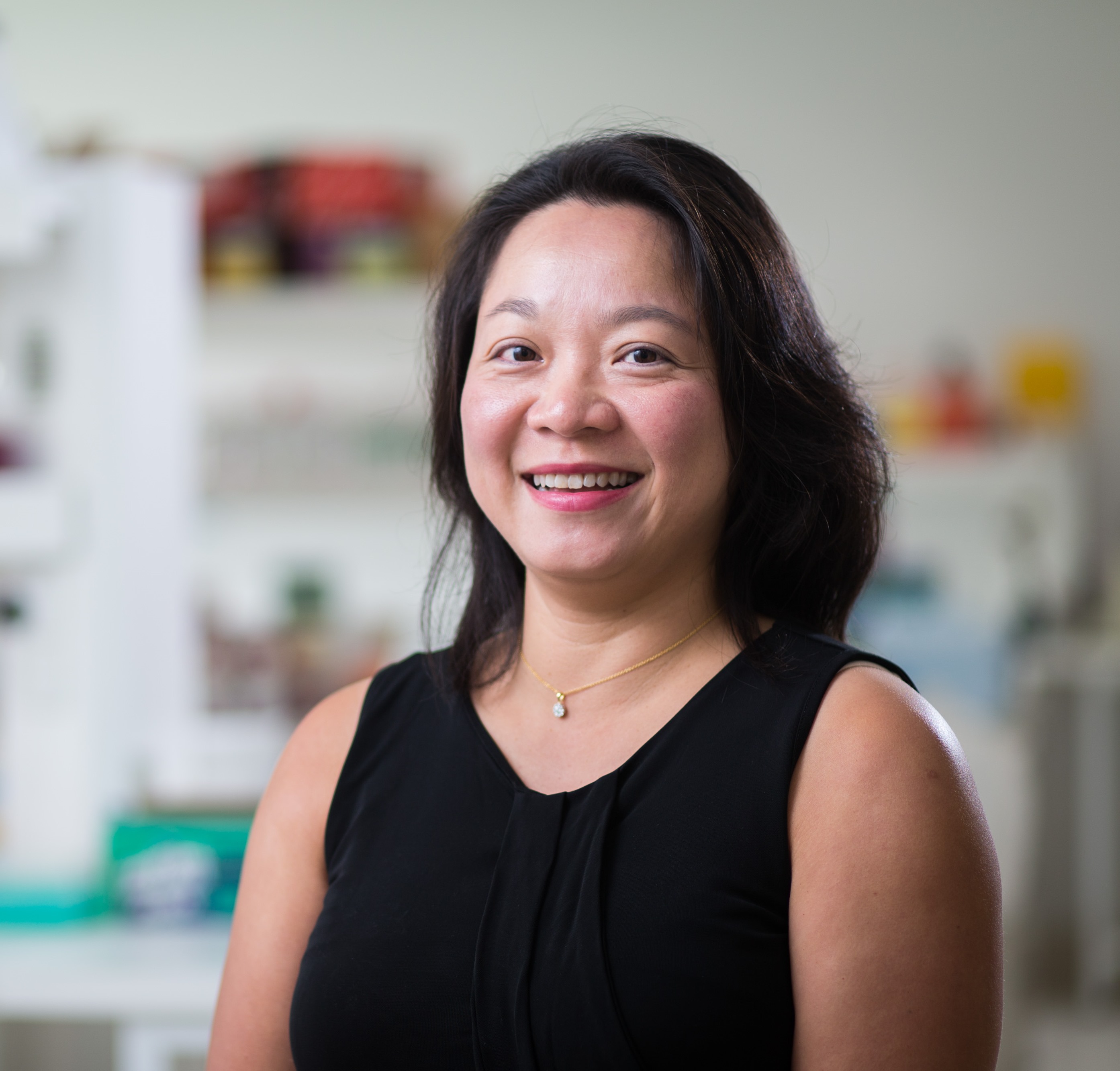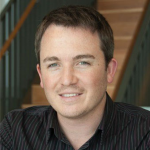
A/Prof Mark Cowley is a bioinformatician, who leads the Computational Biology group at the Children’s Cancer Institute.
Mark’s research involves developing bioinformatics approaches to better understand the molecular basis underlying human disease, with a highly translational focus.
He has played a leadership role within two of Australia’s largest precision cancer medicine trials, namely the Zero Childhood Cancer program, and the Molecular Screening and Therapeutics (MoST) program.
Links
Mark Cowley
President
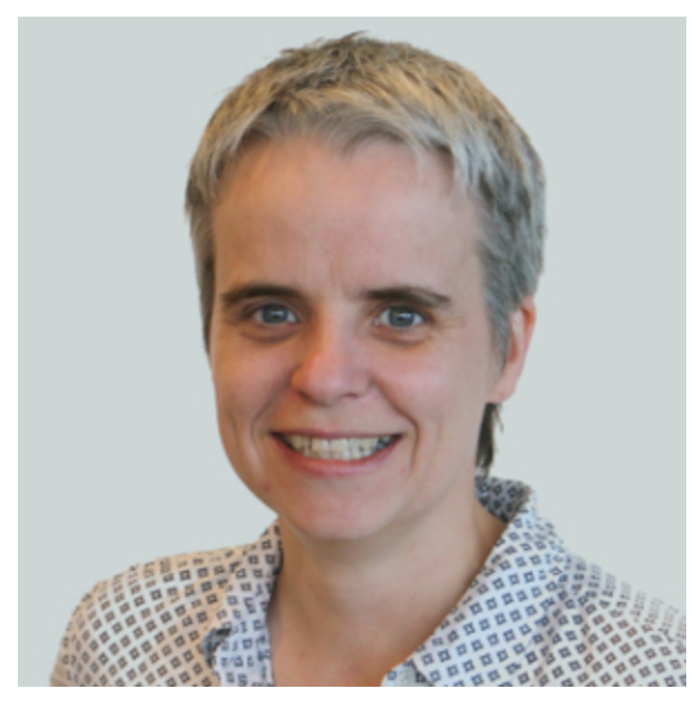
Dr Nic Waddell is currently the Medical Genomics Group Leader at the QIMR Berghofer Medical Research Institute, the Cancer Program coordinator, QIMR Berghofer Medical Research Institute and an NHMRC Senior Research Fellow.
Nic was awarded her PhD in 2003 from the University of Leicester. She undertook post docs at QIMR Berghofer and UQ before establishing her research group at QIMR Berghofer. Her program of research uses bioinformatic and genomic approaches to address clinical challenges in cancer. She collaborates extensively with researchers and clinicians, and is part of Australian Genomics and Queensland Genomics.
Links
Nic Waddell
Vice President
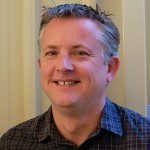
Mark is currently the manager of the David R Gunn Genomics Suite at SAHMRI in Adelaide. After graduating from the University of Adelaide in 1993 in Chemistry, he was initially employed in the private sector doing mass spectrometry before moving in 1996 to the Hanson Centre for Cancer Research to assist establish a peptide synthesis and mass spectrometry service. Following this he worked for local biotechnology companies Geneworks and Bresagen before moving back to SA Pathology in 2001 to establish a microarray facility in a joint partnership with the University of Adelaide. He became manager of the microarray facility in 2006, rebranding it as Adelaide Microarray Centre and establishing an Affymetrix based array service.
Links
Mark Van der Hoek
Treasurer

Sandra is a Research Fellow at the University of Auckland, and her research focuses on developing highly sensitive technologies for the detection of circulating tumour DNA (ctDNA) in the blood of cancer patients. She collaborates extensively with researchers and oncologists from all over New Zealand to drive the translation of minimally invasive liquid biopsy technologies into clinical implementation.
Links
Sandra Fitzgerald
Vice Treasurer
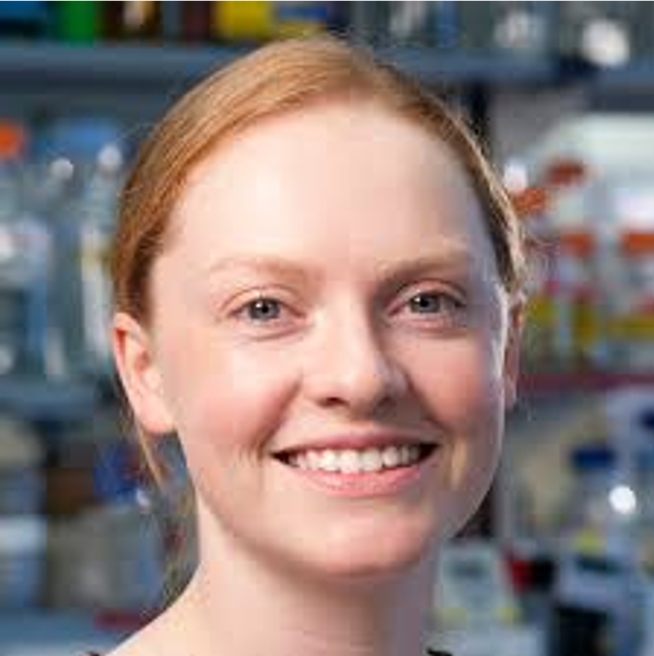
Her research focus is transcriptional, post-transcriptional and epigenetic regulation of genes involved in cancer in human and mouse models. Prior to her current position she was a post-doctoral research associate at Oregon State University. Katherine completed her PhD in 2009 at the Australian Centre for Plant Functional Genomics.
Links
Katherine Pillman
Secretariat
Ruby Lin
Immediate past Vice President

